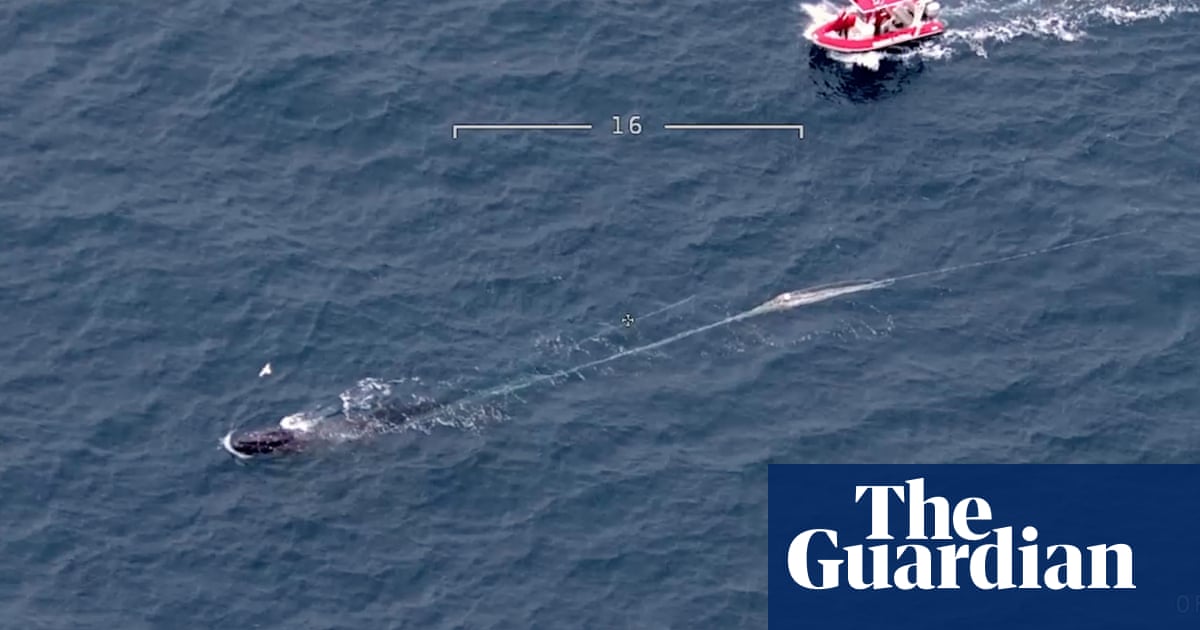On Monday, Hurricane John hit the southern Pacific coast of Mexico, having intensified from a tropical storm to a category 3 hurricane in less than 24 hours.
John made landfall with sustained winds of 120mph, causing destructive storm surges. However, it quickly weakened back to a tropical storm, with sustained winds falling to 50mph by Tuesday morning. John moved relatively slowly, leading to more than 400mm of rainfall in a few days. This rain brought widespread flooding, leading to mudslides in which two people are reported to have died.
Having moved slightly east out to sea again, John is expected to restrengthen and return to hurricane status as it continues slowly north-east along the Mexican coast, bringing similarly heavy rainfall. It is expected to dissipate into Saturday, but further rain and heavy showers are expected to feed across southern parts of Mexico over the weekend. This means that some parts of the south-west of the country could receive more than 700mm within a week.
In India, the city of Pune in western Maharashtra state also saw devastating flooding this week. The city recorded its third wettest September day since 1901, as more than 130mm of rain fell in 24 hours. Such totals are not uncommon during the monsoon months of June, July and August, but is unusual in late September.
Monsoon season has appeared to be slower to retreat in recent years, making late September downpours less of a rarity. This week’s high rainfall totals were due to an excess of moisture over the Bay of Bengal and Arabian Sea, combined with a low-pressure system across the region. Further heavy rain is forecast in the coming days.
In Europe, another wave of cold is expected to hit northern and western parts this week, less than two weeks after the last cold snap. As low pressure clears to the east in the coming days, a more northerly airflow will bring Arctic air southwards, reaching as far as Portugal by Friday. Temperatures are widely expected to be 5-10C below average for the time of year across much of northern, western, and parts of central Europe into this weekend. Heading into next week, temperatures will briefly return closer to average, before falling below the seasonal norm again by the middle of the week.



